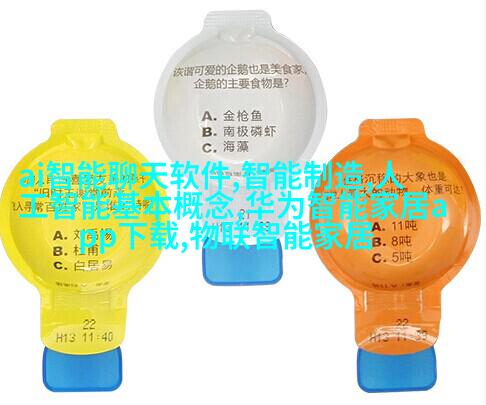IEC/TC65国际电工委员会工业测控和自动化技术委员会近日宣布,推出了首批全互联网协议(IP)化工业控制协议自动化总线(AUTBUS)系列国际标准。这一系列标准包括了多项关键技术规范,如数据链路层服务、数据链路层协议、应用层服务和应用层协议,以及工业网络行规5项工业通信技术标准。这些新标准旨在为智能制造时代提供更高效的解决方案.

传统现场总线技术难以满足现代需求
随着智能制造时代的到来,传统现场总线技术已无法满足新的业务承载要求。为了应对这一挑战,一种名为AUTBUS的新型时间敏感宽带工业物联网技术应运而生。它结合了无线通信领域中正交频分复用(OFDM)的优势,并将其引入有线工业通信领域,以此解决了确定性问题并实现IT网络与OT网络之间的全面IP化连接.

智能工厂迫切需要更快速度
随着智能工厂和第四次产业革命对现场数据需求增加,现有的现场总线技术已经显得过时。因此,将高速现场总线应用于实际场景变得至关重要。此举不仅能够提升数据传输速度,还能增强系统稳定性,为流程控制提供更加精准的地理位置信息.

INTRODUCTION TO CAN-BUS PROTOCOL
Can-bus是用于车辆电子系统的一种通用单向或双向串行通讯接口,它支持多个微控制器同时访问同一条总线,从而可以实现复杂设备间的有效沟通。在设计时,必须遵循三个关键原则:物理层、数据链接层以及上位机程序。

物理层 - 该部分定义了如何通过物理介质进行信号传输,这通常涉及到波特率设置以及信号编码方法。

数据链接层 - 这部分负责确保所有节点都能正确地接收消息,而不会发生冲突或重复发送。
上位机程序 - 在这个阶段,我们开发软件来解释从底部硬件接收到的信息,并根据需要发出指令.
By following these principles, the Can-bus protocol ensures a reliable and efficient communication system that can handle real-time data transmission in industrial environments.
CONCLUSION
The release of the first batch of IP-based AUTBUS series international standards marks a significant milestone for China's industrial communication technology development and application level. This new standard has set a benchmark for future smart manufacturing technologies and will play an important role in promoting technological innovation across various industries such as energy, transportation, mining, and more.
As we continue to explore new ways to harness the power of automation and IoT technology, it is crucial that we prioritize efficiency, reliability, and interoperability at every stage of the process – from hardware design to software implementation.
With this goal in mind, we look forward to seeing how these cutting-edge standards will shape the future landscape of industry automation.